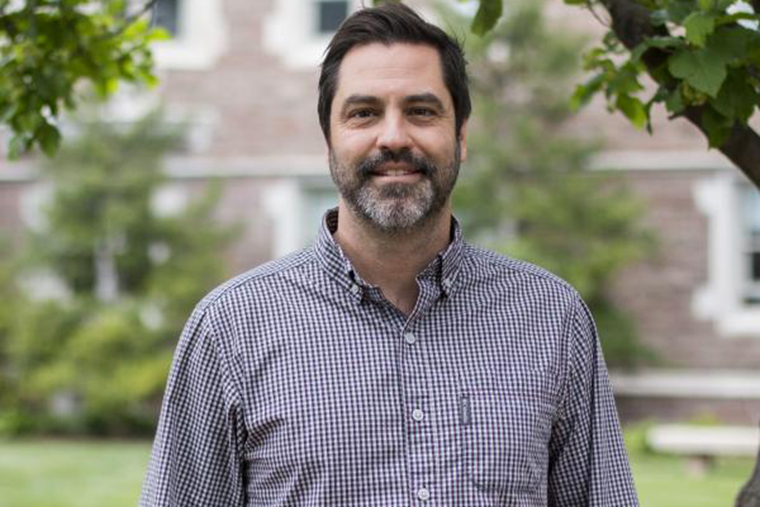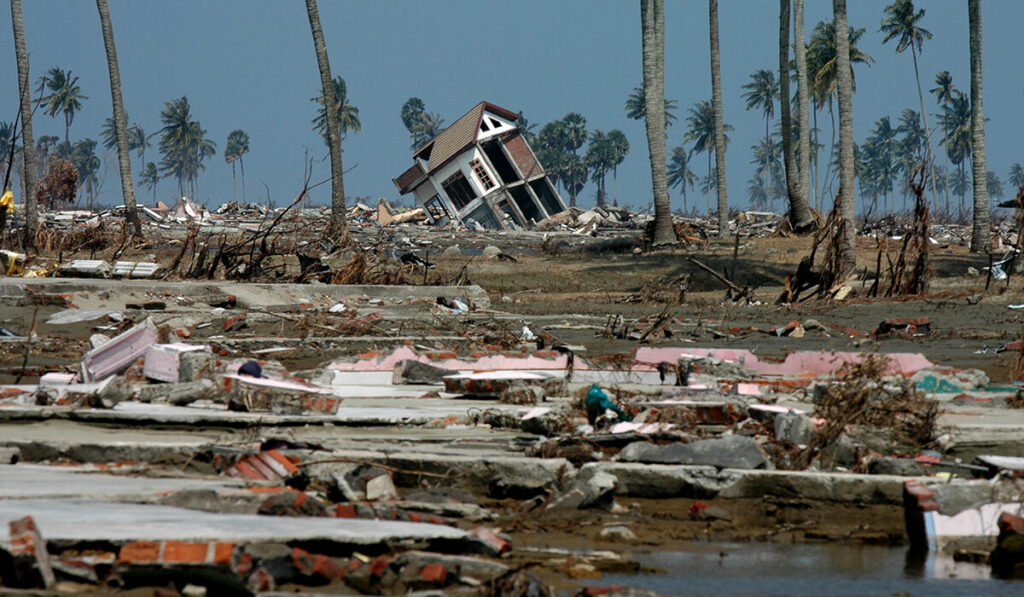On Dec. 26, 2004, an earthquake off the coast of Sumatra, Indonesia, triggered a massive tsunami that killed more than 200,000 people and caused unprecedented destruction in communities along the surrounding coasts of the Indian Ocean. Sadly, the disaster was just one of many natural and human-made disruptions that have rocked the region in recent years, causing concern about the vulnerability of the region’s ecological, economic and socio-political systems.
Washington University in St. Louis has received a three-year $2.4 million grant from the U.S. Department of Defense to study societal resilience — how a society recovers from major shocks like the tsunami in Indonesia — in the Asia-Pacific region.
The research will be conducted by a diverse interdisciplinary team of researchers — including climatologists, geospatial analysts, historians, archaeologists, anthropologists, economists and social work experts at WashU’s Brown School — led by Michael Frachetti, a professor of archaeology in Arts & Sciences at WashU.
The grant is part of the Defense Department’s Minerva Research Initiative, which supports basic research in social and behavioral sciences on topics relevant to U.S. national security. Altogether, the Department of Defense awarded $46.8 million in grants to 19 university-based teams.

